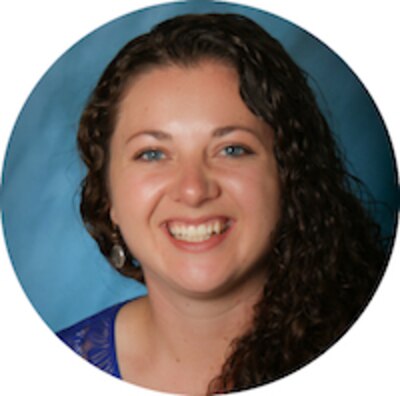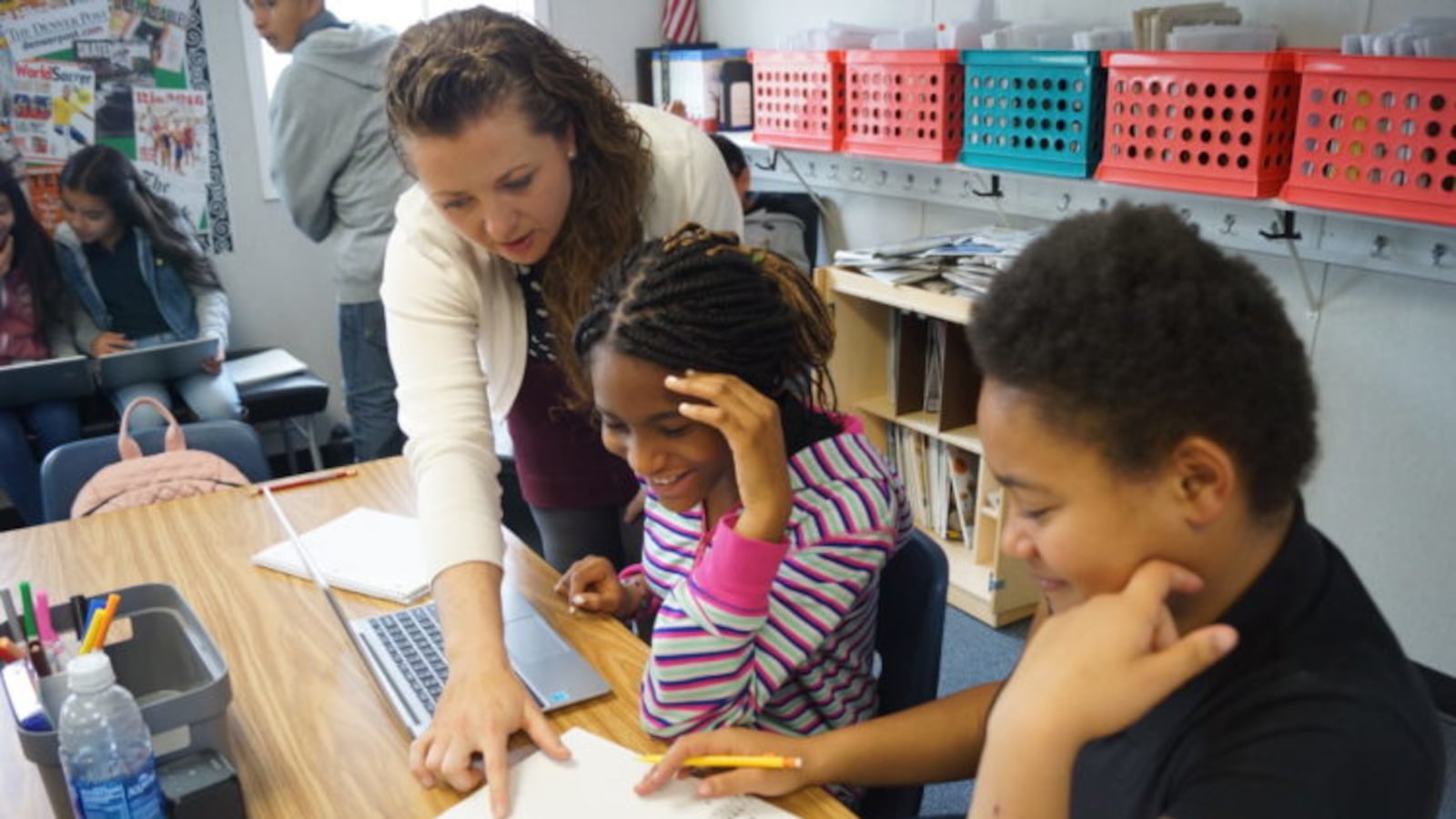Ubaldo and I had a rough start.

Ubaldo is a lanky eighth-grade boy. He prides himself on baseball, basketball and disrupting classes.
He also refused to do any work in my journalism class. He ditched one day, was tardy the next two. He asked to go to the bathroom constantly. We went up the “discipline ladder” daily.
I struggled big time with Ubaldo and his entire class. We dealt with plagiarism, disruptions, and an overall lack of participation. In anything. At all. I started calling them my “dead fish” class. Actually, I think dead fish would have been better.
Every day, I walked out of that class defeated. I thought about finding a weeks-long movie and playing it for the rest of class. I desperately wanted to come down with the seventh-period flu.
One morning, Ubaldo was due in my room for a follow-up conversation about his latest blowup. He shrugged his shoulders and rolled his eyes when I asked him what was going on in class. The only thing he could land on was that he was bored and didn’t want to be a journalist. He wanted to be in gym.
At that point, I stopped. I turned the conversation to my initial stories as a writer. I pulled up the first list of obituaries I wrote for the Gonzaga Quarterly (now Gonzaga Magazine) and I showed him those short little blurbs — someone’s name, date of birth, date of death, location and not a whole lot else. They weren’t the most exciting thing to write, I told him, but they helped me learn the structure of storytelling and AP Style.
Next, I pulled up some feature obituaries — stories that told more about a person’s life, their family, their hobbies, their impact on the world — at which point Ubaldo said, “You only wrote stories about dead people?”
After we both laughed, I told him, “No, but this is how I got my start as a writer.”
We went on to have a conversation about how things start out — in sports, in academics and in life — and how those things, like the first obituaries, provide the structure we can later expand from. I told him that we have to know the rules before we can break them. He liked that part.
We had a much longer conversation that morning. We didn’t spend much time on his outburst in class the day before. Instead, we talked about his pending high school acceptance, his family and his fears of being deported. His sister, a senior in high school, is a part of the government’s Deferred Action for Childhood Arrivals program. In the current climate, that feels like it poses a huge risk for their entire family. He is afraid. Many of his friends are, too.
At the time, Ubaldo didn’t know where he was going to high school. (Denver allows students to apply to their choice of high school.) Getting into a good high school could be the ticket to higher education and a ticket to a better life for himself and his family. At 13 years old, Ubaldo faces far more uncertainty in his daily life than many of us face in the entirety of life.
That conversation changed how I approached my classroom. Ubaldo wasn’t causing chaos out of spite. Quite the opposite actually. Ubaldo, like every other student at my school, needs someone to listen, someone to care, someone to respond to the difficulties he is facing.
I wish I could say that particular classroom dynamic got better overnight. Or that, in an instant, some of my kids decided they were going to be journalists in their future careers. That didn’t happen.
It was a struggle until the end with that class, but Ubaldo bought in. More importantly, I bought in, too.
I showed up and I continued to teach. I pumped that class full of goofy activities and relationship-building exercises, despite the eye rolls. I shared more of my life story, even when it felt like there wasn’t an ounce of empathy anywhere in those four walls.
I now have a new group of seventh and eighth graders in my journalism class, a group that is talkative, friendly, excited and enthusiastic about the material and each other. That’s given me another insight: There are students — maybe entire classes — who are not going to love the content of my classes. There are also students who are going to buy in to such an extent you can see them working in media production, coding the next great news website or becoming a future New York Times columnist.
Regardless, my classroom will regularly be a space where preteens are looking for affirmation, assurance and love. That I can give.
A few weeks ago, in front of about 200 families, teachers and kids, Ubaldo presented a sports broadcast video he created for my class. He was one of two students to select the most difficult option for a project-based learning assignment. And Ubaldo got into one of the best high schools in Denver.
I know it doesn’t always work out that way. Not everyone gets to experience such a quick turnaround in behavior, attitude or academics. But it did this time, and, whether it happens one or 100 more times, it’s what will keep me coming back to the classroom.
Autumn Jones is a teacher at Marie L. Greenwood Academy, a 1st-8th grade school in Denver Public Schools where she teaches journalism, digital media and online safety. She previously worked in marketing, public relations and journalism and volunteered with CU Boulder’s Public Achievement program.
About our First Person series:
First Person is where Chalkbeat features personal essays by educators, students, parents, and others trying to improve public education. Read our submission guidelines here.


